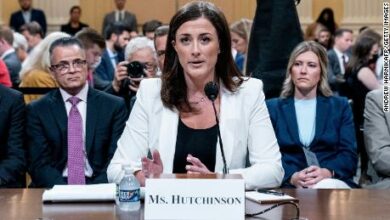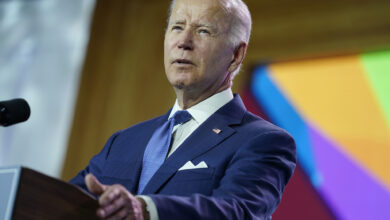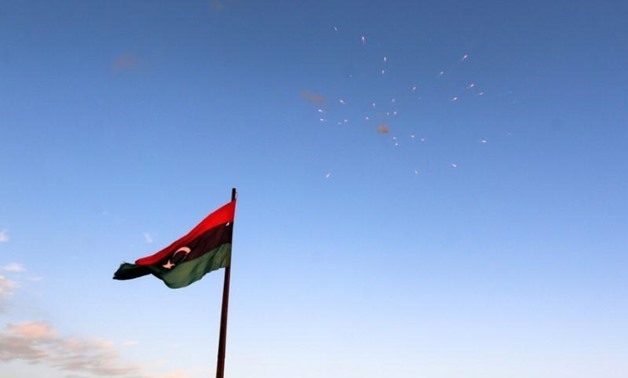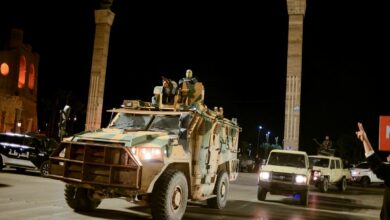Egypt’s draft constitution is drawing the ire of a wide spectrum of groups and political powers, and this past Sunday, Nubian activists joined the ranks of those rejecting the proposed articles for being unrepresentative.
The legitimacy of the Constituent Assembly itself is being questioned with the wave of walkouts this past week by secular forces, church representatives, the Journalists Syndicate and farmers.
In a press conference Sunday, Nubian activists slammed the heavy use of the concept of “cultural unity” in the draft, which they say is being drawn up by an Islamist-dominated assembly, echoing the wariness of many.
Activists cited several articles asserting the state’s duty to protect Egypt’s cultural and linguistic unity, disregarding what activists described as the country rich, age-old diversity.
Nubians see four main articles as a threat to their unique heritage.
Part of Article 1 of the draft constitution says, “The Egyptian people are part of the Arabic and Islamic nations, proud to belong to the Nile Basin, the African continent and its Asian dimension.”
Yehia Zayed, member of the Nubian Public Union, says Egypt is African historically and geographically, and its Arab and Islamic history should not supersede this vital truth. Nor should this be considered the only cultural frame of reference for Egypt as it is persistently reiterated throughout the draft, he adds.
In its second part, Article 10 affirms the state’s duty to protect Arab culture, while Article 11 stresses its obligation to preserve the country’s linguistic and cultural unity.
“Restricting the country’s protection only to the Arabic language and culture threatens citizenship and the social and cultural rights of other minority groups within Egyptian society,” Zayed says. “Identity cannot be limited to Egypt’s Arabic and Islamic history.”
But Article 30 of the draft is most dangerous, Nubians say, for making no mention of ethnic and racial discrimination. It stipulates that citizens are equal before the law, and prohibits discrimination based on gender, origin, language, religion, dogma, opinion, social status or physical ability.
“We have been demanding including ethnicity and race to the list, but all of our calls were ignored,” Zayed explains.
Activist Manal al-Tiby was the representative for Nubians in the assembly, but she withdrew her membership in September in protest of what she described as the domination of Islamist forces in drafting the constitution.
She says many of the articles drafted would create a theocratic state, without upholding personal and civil freedoms or social and economic rights.
Nubians have long complained of being marginalized under the Mubarak regime, which was also accused of allowing relations with African nations to deteriorate and not giving the Nile Basin countries due attention. Those who called for paying attention to Nubian rights were at times accused of plotting to divide the country.
Connecting minority problems with unpatriotic calls for division, critics say, is a tactic used to silence opposition. It is easier to claim the hegemony of a nation than to protect its cultural diversity and the minority groups within it, they add.
Mubarak was also accused of manipulating minority issues, at times even accused of sowing sectarian tension, to overshadow the corruption of his regime.
“Fighting diversity is a major tool for authoritarian regimes,” historian Sherif Younis explains.
The historian, who has closely studied the Nasserist era, says promoting cultural unity, as opposed to the country’s diversity, has been a tactic used by the military regime since 1952 to cement its authoritarian rule.
“Cultural diversity is a threat to authoritarian ideas,” he says, and disrupts the regime’s monopoly over ideas and thoughts.
Critics of the draft constitution say there’s a dire need to redefine Egypt’s national fabric to be more inclusive of different cultures and identities.
“Diversity is never a threat to national sovereignty or social unity — diversity protects this,” Zayed says. “A constitution that Nubians are not participating in drafting is neither representative nor obligatory [to us] — we will not take part in referendum either.”




